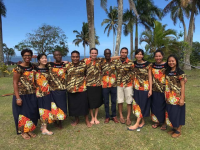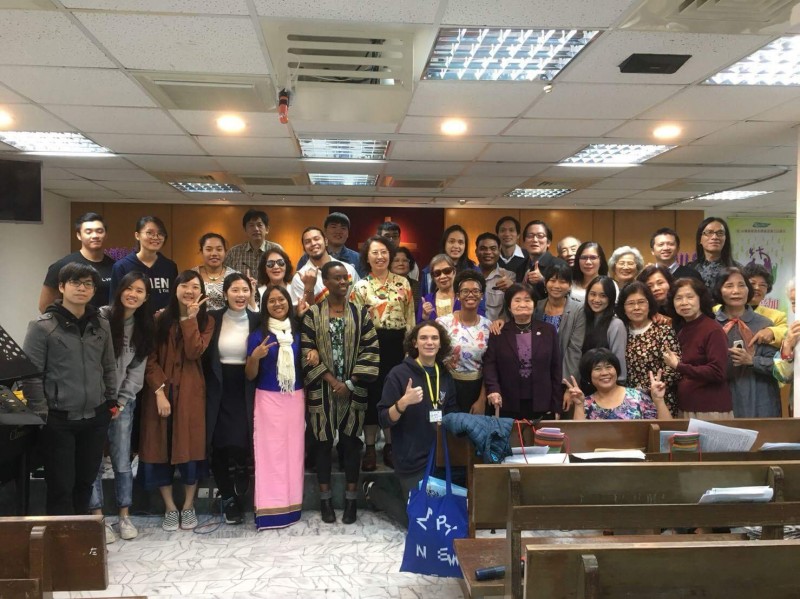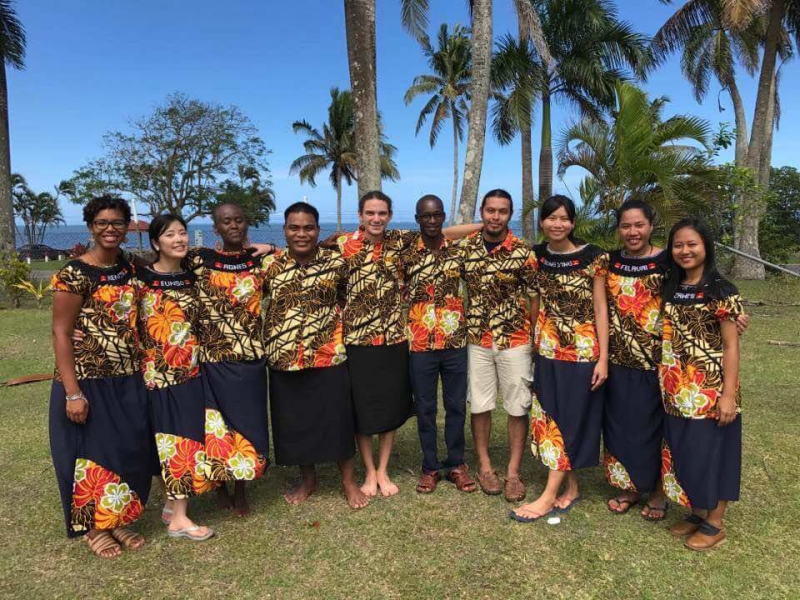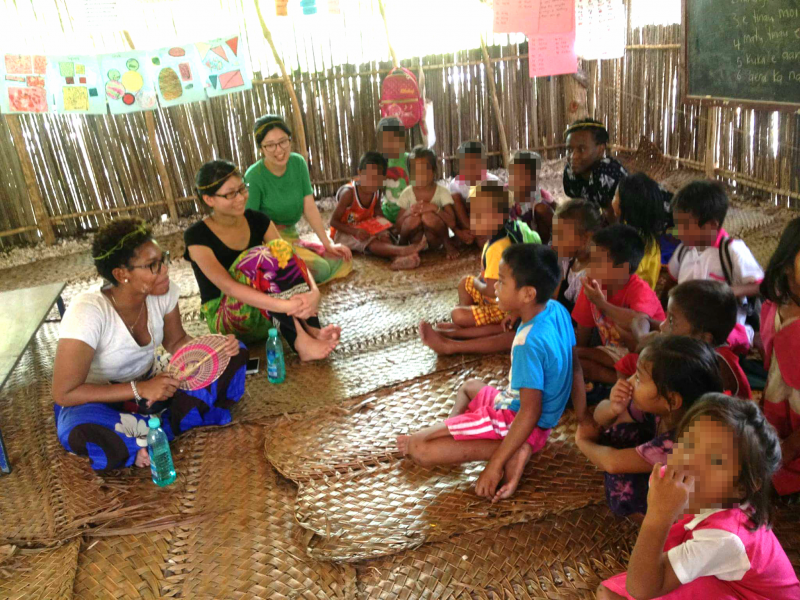- Home
- About Us >
- Congregations
- Missions
- Ministries
- Camps
- Sermons
- News
- Newsletters >
- Calendar
- Photo Galleries
- Accommodations >
- Weddings
- Links
- Contact Us
Blog archive
- November 2018
- September 2018
- August 2018
- April 2018
- March 2018
- February 2018
- January 2018
- 2023
- 2022
- 2021
- 2020
- 2019
- 2017
- 2016
- 2015
- 2014
- 2013
- 2012
- 2011
- 2010
Blog categories
- aide
- Ash Wednesday
- Back to Church Sunday
- Barcus Beach
- Bodden Town
- Cayman Islands
- Cayman Islands Regional Mission Council
- Cayman Islands Regional Mission Council
- Cayman Prep
- Christmas
- courses
- COVID 19
- Domestic Violence
- East End
- Elmslie
- Elmslie Memorial Church
- Employment Opportunity
- Encouragement
- George Hicks
- International Women's Day
- John Gray
- Leaders
- Leadership Development Training Workshops 2019
- Ministers
- Moderator of Synod
- National Awards
- Prayer
- relief
- Robert Young
- Savannah
- students
- Training Opportunities
- UCYPF
- United Church
- United Church in Jamaica and the Cayman Is
- William Pouchie
- Women
- Women's Fellowship
- Youth
Blog tags
adversity Alpha Course Back to Church Back to Church Sunday back to God bent Bodden Town Boys children Christ Communications Officer Elmslie emotional burdens encouragement Environment evangelism exam results fallen Girls Girls Brigade Haiti Health Fair helping others Jesus job cuts John Gray Justice Leadership Development Training Marriage Ministers National Awards new new creation new life North Side Prayer Prospect Youth Centre Renewal & Transformation Salvation Savannah Scholarships starting over strengthening students Teens trees Water Authority Women Women's Fellowship Women's Suffrage Worship Youth Ministry
News
Mission Through New Lens

Mission Through New Lens
Article by: Renita Barnes UCJCI 2017 Training In Mission Participant
The Training in Mission Programme (TIM) transformed me. For seven months I lived with nine (9) other persons from Samoa, South Korea, Myanmar, Zambia, Kiribati, Rwanda/UK, South Africa, Taiwan, and Guyana. One of the biggest challenges was being from a small country that most people I met did not believe existed. I hope after meeting and living with me, they will never forget where Cayman is and will even be able to locate it on any map. Throughout the seven-month journey I learned so many new things about myself and more importantly I realized how much I don’t know about my country and the Caribbean region, in regard to some of the content we learned. Who were the indigenous people of Cayman? Is the Caribbean beginning to suffer from climate change? Is the economic situation in Cayman ethical? Is patriarchy seen as “normal” in the Caribbean rather than as oppressive to women?
A common thing we learned amongst the group of us, is that no matter what country we came from we all suffer from similar issues, personally, contextually, and within our churches. The programme challenged me to become more aware of what is going on globally and within my own context, the Caribbean region. I feel as though I have changed a lot because I am more comfortable or more confident in challenging and addressing issues rather than ignoring them; like what is done in Cayman very often. Being away from home I realize how many issues we ignore or overlook especially with youth.


The TIM programme pushed me to this realization and helped me to see mission in a completely new way. I began to see mission as a way of transformation rather than an imposing of religion and culture like what was done during the colonial period. The programme gave us a safe and non judgmental space to question and challenge the Bible, Christianity, and even the missionary movement. To question why for example, the European culture, lifestyle, and language was enforced when they brought Christianity to different parts of the world. Why did they impose language and culture on others? At this point, I wondered what kind of “Mission trip” questions mission and missionaries. Yet, the programme dismantled the stereotypes of mission and brought a fresh perspective that did not even involve religion or Christianity at all. The basis of mission is to be “human” and treat other people as human beings rather than as disposable or as sinners in need of saving.
Traveling to New Zealand, Fiji, Kiribati, and Taiwan with the participants opened my eyes to the many things we take for granted in Cayman such as fresh air, low levels of poverty, clean water, and a very comfortable lifestyle. However, it also made me realize (as a country) are we aware of the growing issues we overlook: the growing rates in divorce, the increase in youth crime and drug use, growing number in domestic violence cases, and the increase in the standard of living. For many who read this, they live comfortable lives (like myself), yet, as affluent as Cayman may seem there are many people here struggling. It is time to stop overlooking them and help, as a church, a community, as a human being.

The most important thing we learned from the start to the end of the programme, is that mission is everywhere...even at home. It is simple, if some is in need help them not only because you are a Christian or only because it is what Jesus would do...help them because it is the “humane” thing to do.
Article by: Renita Barnes UCJCI 2017 Training In Mission Participant
The Training in Mission Programme (TIM) transformed me. For seven months I lived with nine (9) other persons from Samoa, South Korea, Myanmar, Zambia, Kiribati, Rwanda/UK, South Africa, Taiwan, and Guyana. One of the biggest challenges was being from a small country that most people I met did not believe existed. I hope after meeting and living with me, they will never forget where Cayman is and will even be able to locate it on any map. Throughout the seven-month journey I learned so many new things about myself and more importantly I realized how much I don’t know about my country and the Caribbean region, in regard to some of the content we learned. Who were the indigenous people of Cayman? Is the Caribbean beginning to suffer from climate change? Is the economic situation in Cayman ethical? Is patriarchy seen as “normal” in the Caribbean rather than as oppressive to women?
A common thing we learned amongst the group of us, is that no matter what country we came from we all suffer from similar issues, personally, contextually, and within our churches. The programme challenged me to become more aware of what is going on globally and within my own context, the Caribbean region. I feel as though I have changed a lot because I am more comfortable or more confident in challenging and addressing issues rather than ignoring them; like what is done in Cayman very often. Being away from home I realize how many issues we ignore or overlook especially with youth.


The TIM programme pushed me to this realization and helped me to see mission in a completely new way. I began to see mission as a way of transformation rather than an imposing of religion and culture like what was done during the colonial period. The programme gave us a safe and non judgmental space to question and challenge the Bible, Christianity, and even the missionary movement. To question why for example, the European culture, lifestyle, and language was enforced when they brought Christianity to different parts of the world. Why did they impose language and culture on others? At this point, I wondered what kind of “Mission trip” questions mission and missionaries. Yet, the programme dismantled the stereotypes of mission and brought a fresh perspective that did not even involve religion or Christianity at all. The basis of mission is to be “human” and treat other people as human beings rather than as disposable or as sinners in need of saving.
Traveling to New Zealand, Fiji, Kiribati, and Taiwan with the participants opened my eyes to the many things we take for granted in Cayman such as fresh air, low levels of poverty, clean water, and a very comfortable lifestyle. However, it also made me realize (as a country) are we aware of the growing issues we overlook: the growing rates in divorce, the increase in youth crime and drug use, growing number in domestic violence cases, and the increase in the standard of living. For many who read this, they live comfortable lives (like myself), yet, as affluent as Cayman may seem there are many people here struggling. It is time to stop overlooking them and help, as a church, a community, as a human being.

The most important thing we learned from the start to the end of the programme, is that mission is everywhere...even at home. It is simple, if some is in need help them not only because you are a Christian or only because it is what Jesus would do...help them because it is the “humane” thing to do.
Posted by: Communications Team Friday Jan 19, 2018 08:42
Categories: | Tags:

